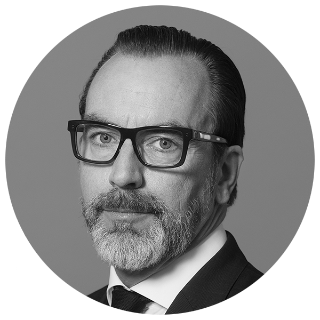The Roland Berger Triple Transformation framework enables decision makers in the automotive industry to overcome current challenges and succeed in the 2020s.
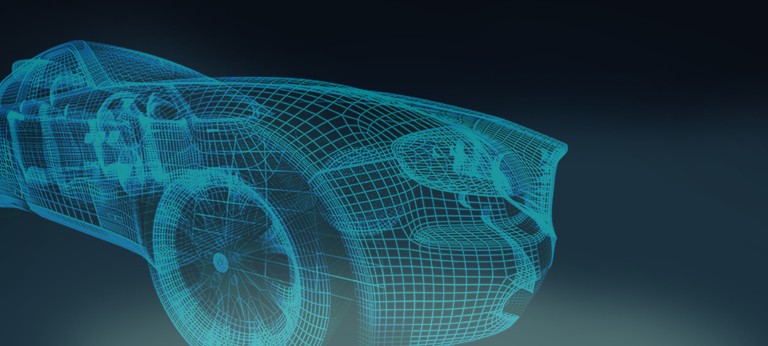

#Position #Perform #Progress
Transformation³
A tremendous challenge for the automotive industry
Actually, there are three challenges occurring simultaneously. Norbert Dressler, Global Head of Automotive at Roland Berger, calls this task Triple Transformation and summarizes it in three words: position, perform, and progress. These words mean that everything must be put to the test: not just the product portfolio or individual processes, but the entire business model. Completely new skills are required to do this – from the setup of industrial-scale battery manufacturing all the way to a company's own software factory. Efficiency must be sustainably increased, costs significantly reduced, and supply chains restructured in order to minimize risks and generate liquidity for new investments. Not least, sustainability goals must be achieved, and the organization needs to be modernized with impactful changes. This goes along with a need of transforming the existing structures by modifying them in a more consumer-orientated direction and moving electric propulsion systems into the spotlight.
This publication was produced together with the German trade magazine Automobilwoche. In the following, you can find a short overview of the topics which were published in this publication, including an interview with Mate Rimac, founder and CEO of Rimac Automobili. If you would like to download the whole publication, you can enter your data at the end of this article.
Climate neutrality - #Progress
The goal of net zero CO2 is the topic du jour for automotive manufacturers and suppliers. Climate protection plans must go beyond the CO2 emissions of individual vehicles, though. They need to consider the entire life cycle – from production to recycling. This means concurrently an expansion of the focus from tailpipe emission during use to a comprehensive analysis in order to reduce the CO2 footprint along the entire global value chain.
Supply chains - #Perform
As numerous supply shortages due to the Covid-19 pandemic as well as prevented freighters have shown, the global supply chains in the automotive industry are susceptible to risk, too expensive, and logistically complex. OEMs and suppliers must therefore think more regionally and put more resilience into their supply structures. As a result, to the changing framework conditions and the transforming automotive industry, an adaption of the global production and supply structures are required. Likewise, the value chains and investments must be re-evaluated.
Software - #Perform
Cars are becoming computers on wheels and software development within the conventional vehicle domains is no longer suitable. Companies need to transform their business into a software factory on the technical side and an explicit make-or-partner-or-buy strategy on the business and conceptual side. As the hardware will become increasingly similar, the software will be the deciding factor for differentiation. Besides the aspect of differentiation, criteria such as cost-effectiveness, supplier landscape and capabilities must be evaluated.
Battery manufacturing - #Perform
Electric mobility is booming and the need for battery capacity is rapidly increasing. In 2013 it will be more than seven times higher than today, whereby the share of BEVs is expected to be 50 percent in Europe, but the supply of battery materials is not secured for the future. Therefore, Companies must handle the risks in the supply chain in order to avoid shortages such as in the supply of semiconductors. Furthermore, the overall costs have to be re-evaluated as the costs for the raw materials are rising.
Interview with Mate Rimac - #Position
In this interview between Wolfgang Bernhart and Mate Rimac, founder and CEO of Rimac Automobili, they talk about the success story of Rimac Automobili, including the rapid development from being a garage business, over building electric supercars, to entering a joint venture with Porsche to become the majority shareholder of Bugatti-Rimac. In addition, Mate Rimac also discusses if small startups are really more successful than established OEMs and how his company wants to expand in the upcoming years.
Register now to download the supplement, including the full text and the complete interviews with Norbert Dressler and Mate Rimac, and get regular insights into Automotive topics.



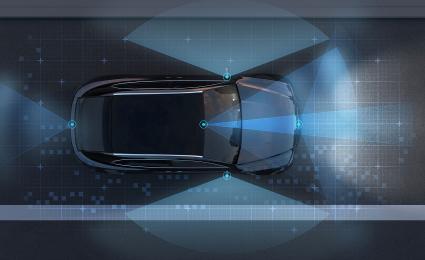
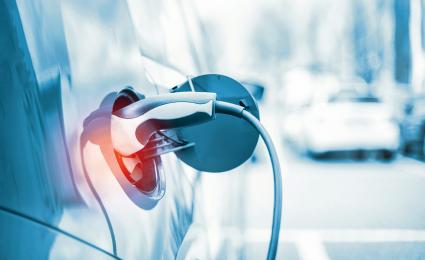


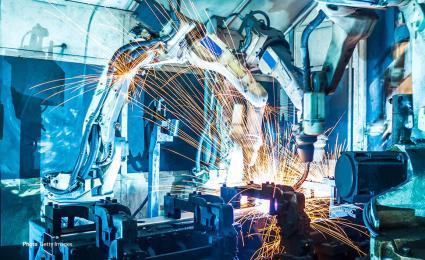
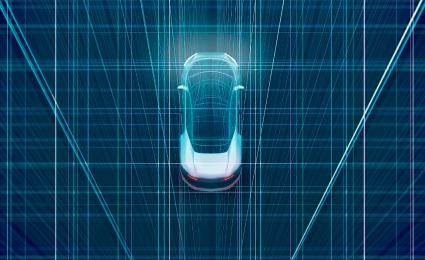


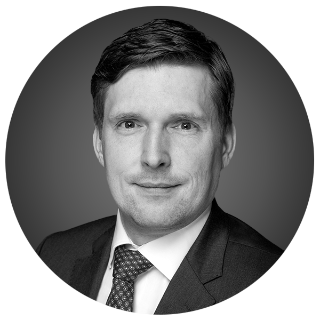


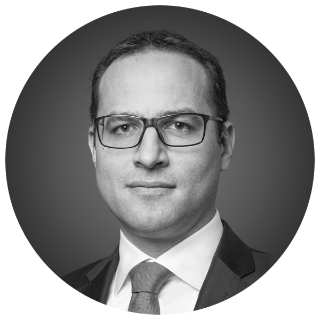
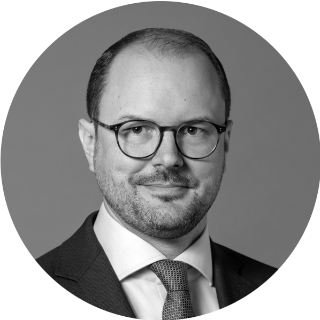
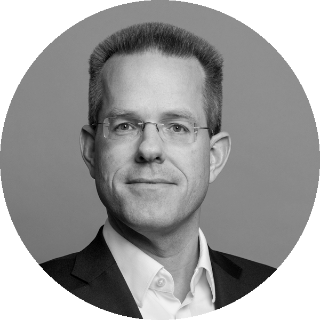


_person_320.png)
